Owning an exotic car is more than just driving a beautiful machine, it’s about protecting your investment, optimizing performance, and enjoying every mile. Here are ten smart “hacks” that every exotic owner should have in their toolkit.
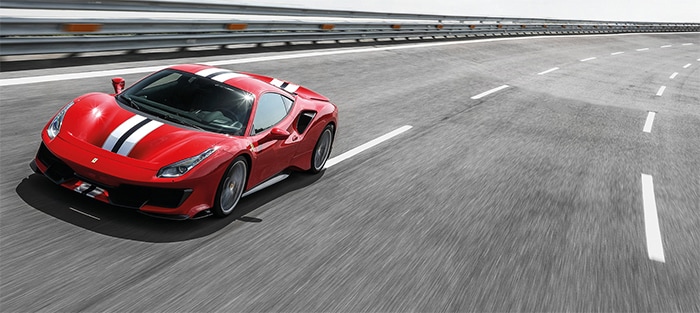
Owning an exotic car is more than just driving a beautiful machine, it’s about protecting your investment, optimizing performance, and enjoying every mile. Here are ten smart “hacks” that every exotic owner should have in their toolkit.

Every August, the Monterey Peninsula transforms into the center of the automotive universe. Monterey Car Week is a celebration of design, performance, history, and craftsmanship that draws collectors, enthusiasts, and the world’s most exclusive car brands. If you are planning to attend in 2025, here is what you can expect from this extraordinary event.
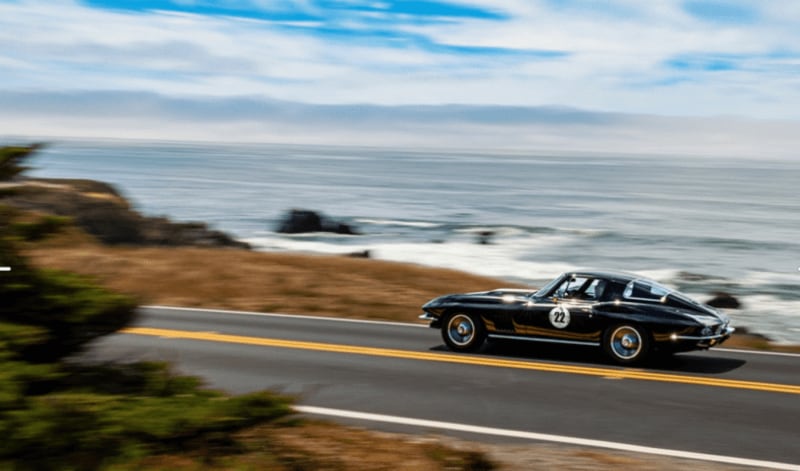
When shopping for an exotic car, most drivers focus on performance and aesthetics. But for shorter drivers, comfort, visibility, and adjustability are just as important. Many exotic cars are designed with low-slung interiors and bold styling that may feel challenging for smaller frames. That is why choosing the right vehicle can make all the difference in how you experience the road.
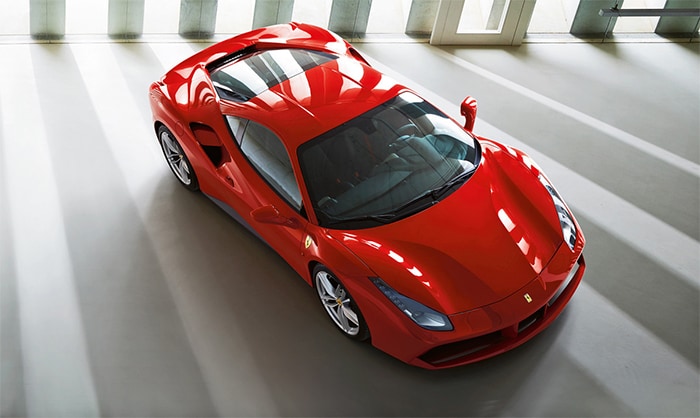
A six-figure price tag might seem extravagant for a car, until you realize you’re not just buying a vehicle. You’re buying handcrafted engineering, jaw-dropping design, and a driving experience that defies logic. For some, it’s about passion. For others, it’s about collecting rolling works of art that hold or even gain value over time.
Here are five exotic cars that cost more than most homes and the reasons serious collectors and enthusiasts say they’re worth every penny.
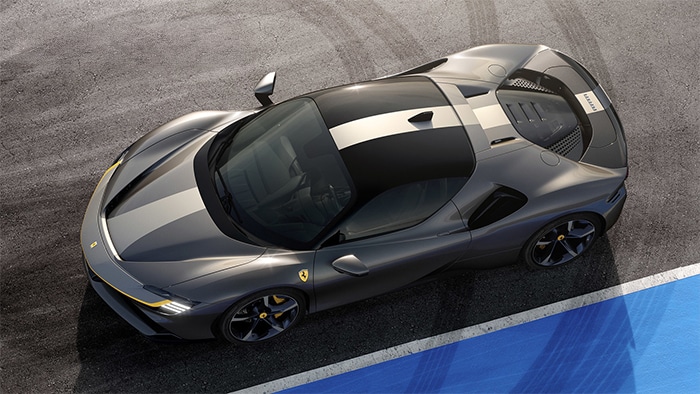
When you think of a Ferrari, Lamborghini, or McLaren, cargo space probably isn’t at the top of your list. But if you’ve ever wondered how to fit a weekend bag, or even just a backpack, into your exotic car, you're not alone. Unlike traditional vehicles, exotics flip the script when it comes to storage. Some have a "frunk" (front trunk), others have a rear compartment, and a few have… not much at all.
So how do exotic cars handle storage space, and what can you realistically fit?
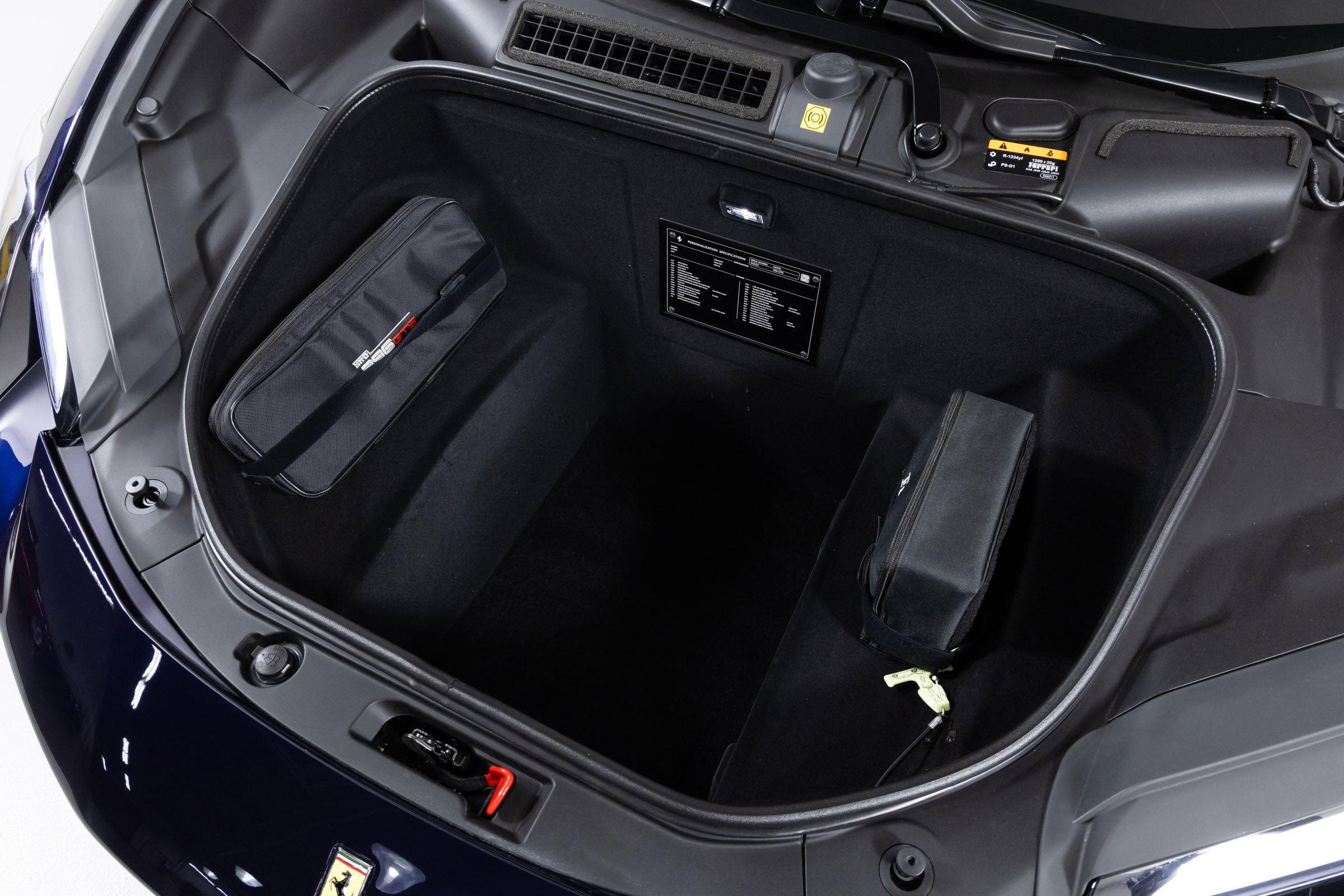
Exotic cars have long been synonymous with not just performance and power, but with stunning design. From the sharp angles of a Lamborghini Aventador to the sleek curves of a Ferrari 488, these cars are rolling works of art, carefully sculpted to be as beautiful as they are fast. But what is it about the design of exotic cars that makes them so irresistible? Why do these machines captivate us with their presence, making heads turn wherever they go?

There’s nothing quite like it—that moment when your dream car becomes your reality. You’ve admired it from afar, watched every video, memorized the specs, and maybe even taped a photo of it to your vision board. Then, suddenly, it’s in your driveway. The feeling of buying your first exotic car isn’t just about horsepower or prestige—it’s about achieving something deeply personal.
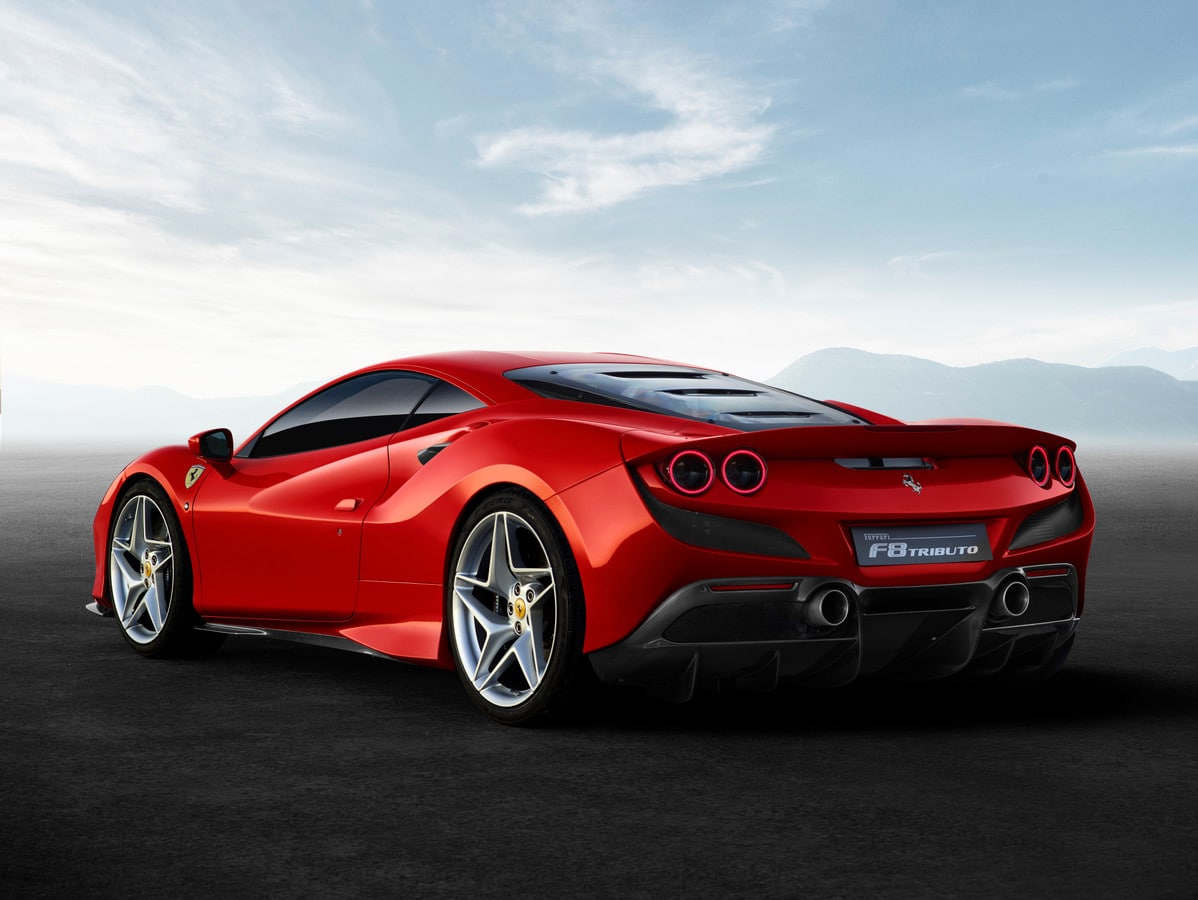
Exotic car ownership has always been about more than speed and status—it’s about passion, engineering, and sometimes, smart investing. While not all supercars appreciate over time, certain models have proven to hold their value exceptionally well, especially when bought at the right time with the right specs. Whether you're looking for a weekend driver that won't lose its luster or a collectible that may become a future classic, these exotic cars are among the best to buy right now for long-term value.
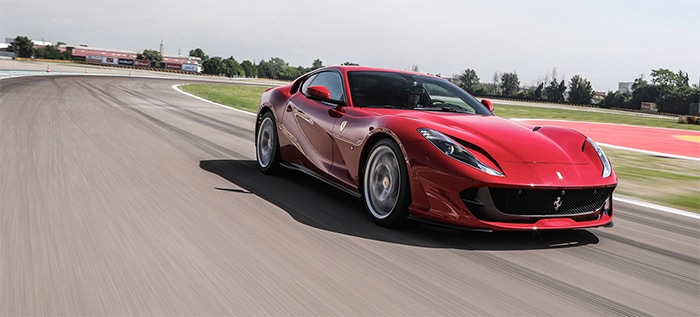
In the world of exotic cars, mileage isn’t just a number--it’s a statement. A low-mileage Ferrari or Lamborghini often turns heads not only for its pristine condition but also for the perceived investment potential. But does low mileage always guarantee a higher resale value? The answer is nuanced.
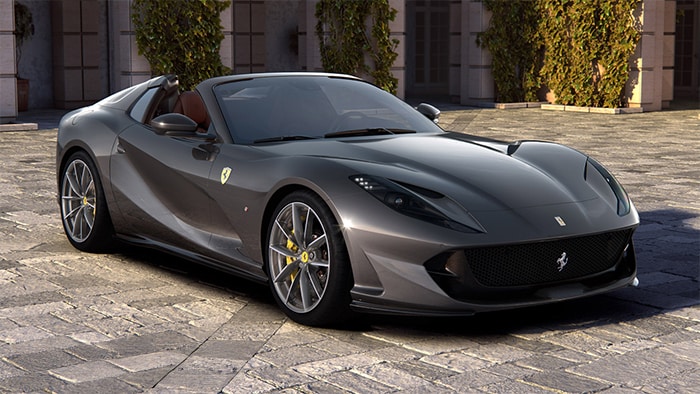
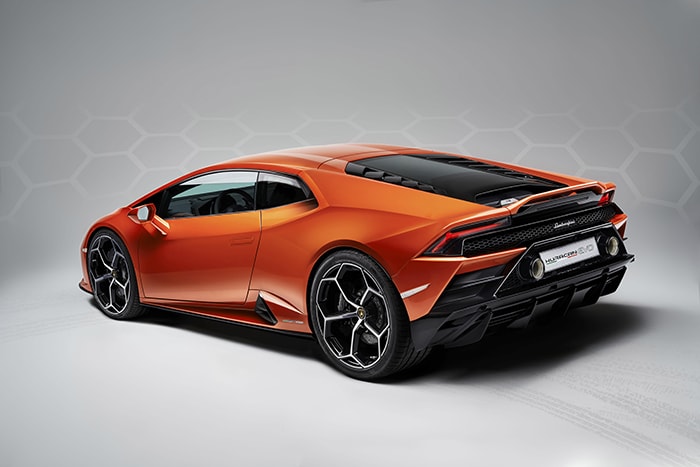
When it comes to exotic cars, few names turn heads like Ferrari and Lamborghini. These machines are more than just a way to get from point A to point B. They’re investments, statements of performance, and rolling works of art. And like any investment, how they’re cared for over time plays a big role in how much they’ll be worth down the road. One of the most important and often overlooked factors in resale value is a solid, well-documented maintenance history.